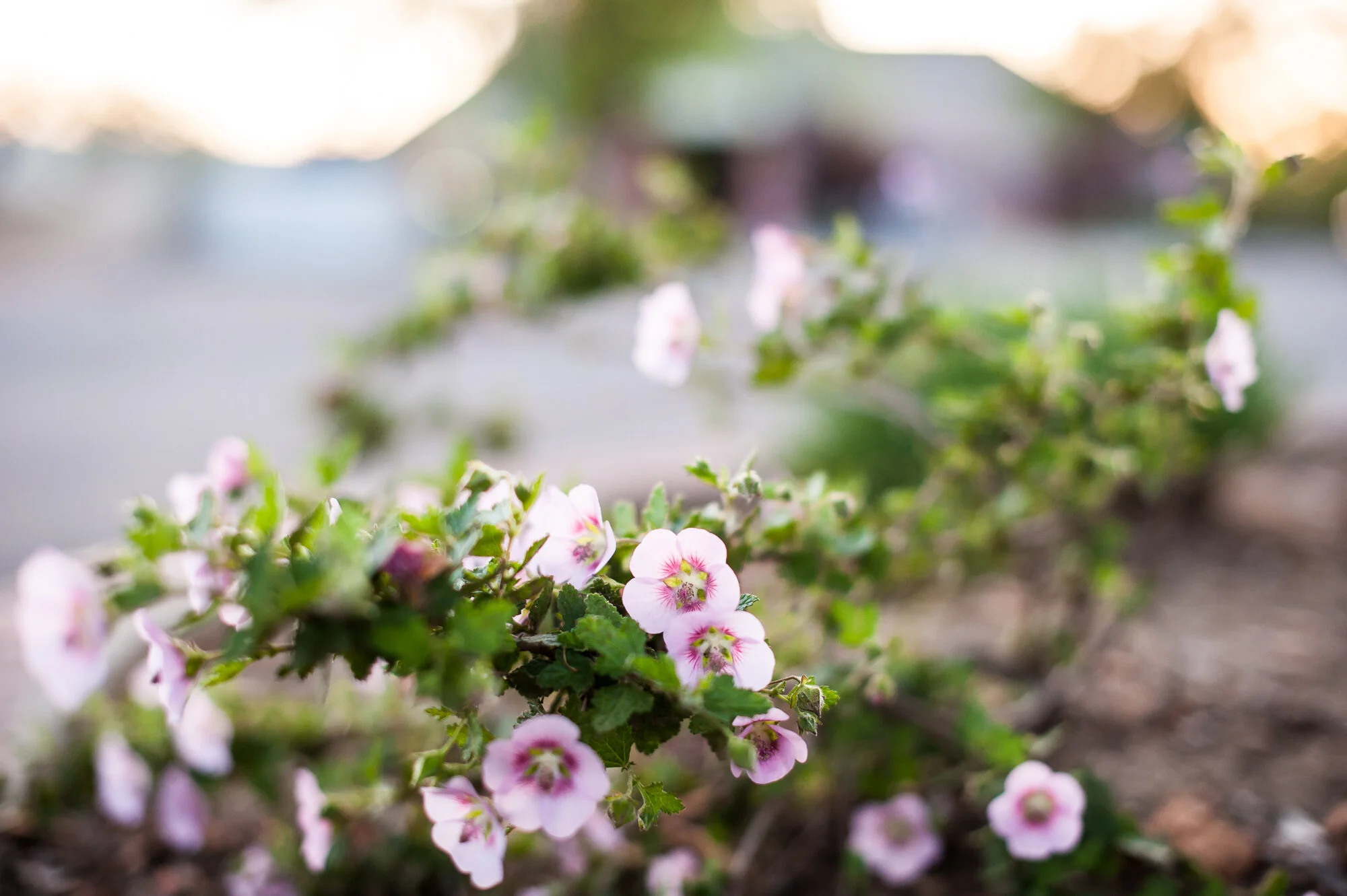
BLOG

Venous Insufficiency: Causes, Symptoms, and Treatment Options
Understanding venous insufficiency is vital, as it not only affects a significant portion of the population, especially the elderly, but it can also lead to severe complications if left untreated.
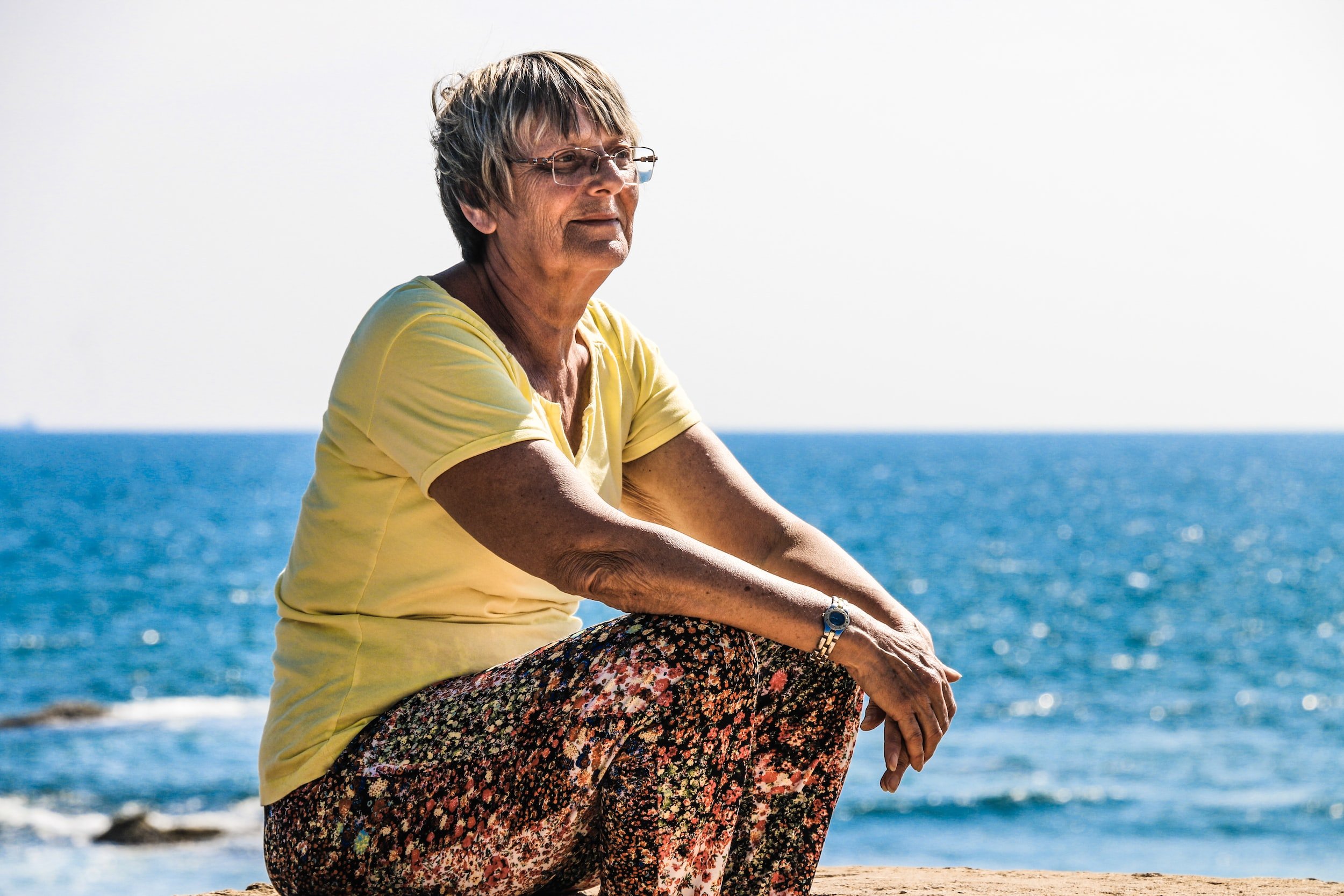
Why Seniors Should Get Vein Treatment
As we get older, our veins tend to get weaker and therefore increase our risk of developing different types of vein disease, including unsightly varicose veins and spider veins. If left untreated, it may lead to complications.
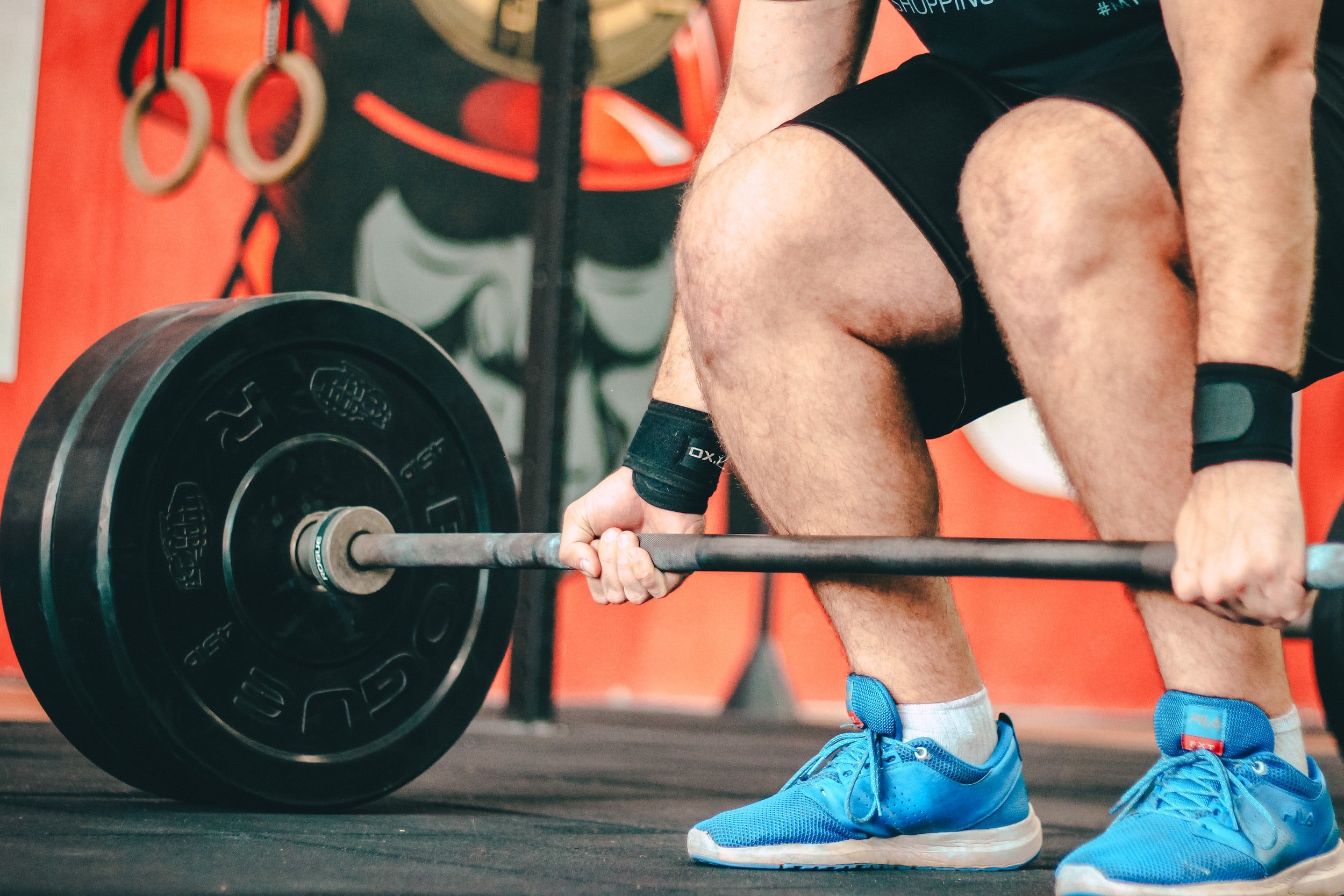
5 Exercises to Avoid if You Have Varicose Veins
Exercising is important for overall health, but there are some that you should avoid if you have varicose veins. Here are five exercises that you should avoid if you have varicose veins.
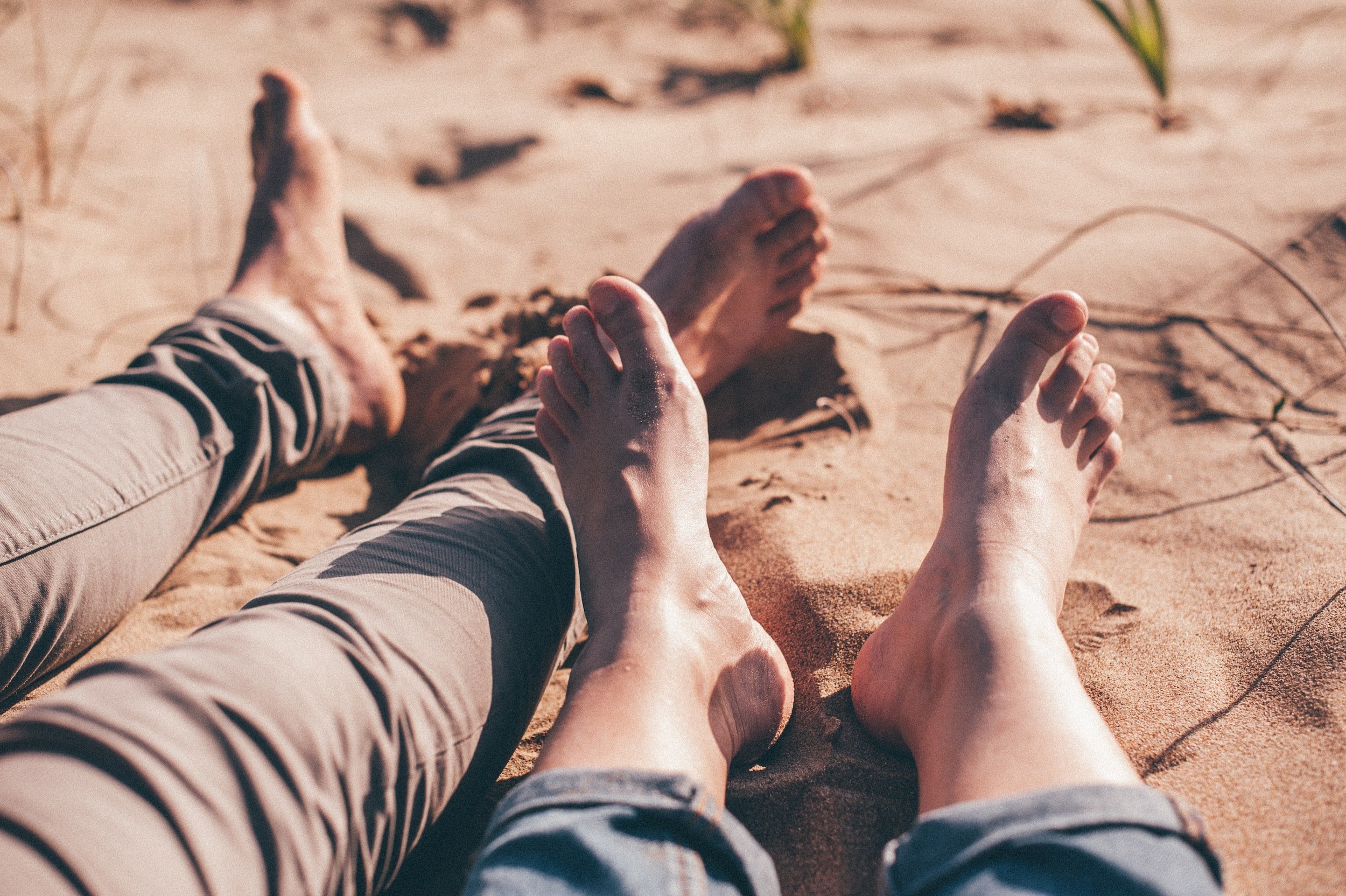
Major Differences Between Arterial and Venous Insufficiency
Both arterial and venous insufficiency can lead to a number of health problems. It is important to understand the difference between the two so that you can get the treatment you need.

Chronic Venous Insufficiency and Vein Health
There are a number of things you can do to help manage chronic venous insufficiency and improve your vein health. Here’s what they are.
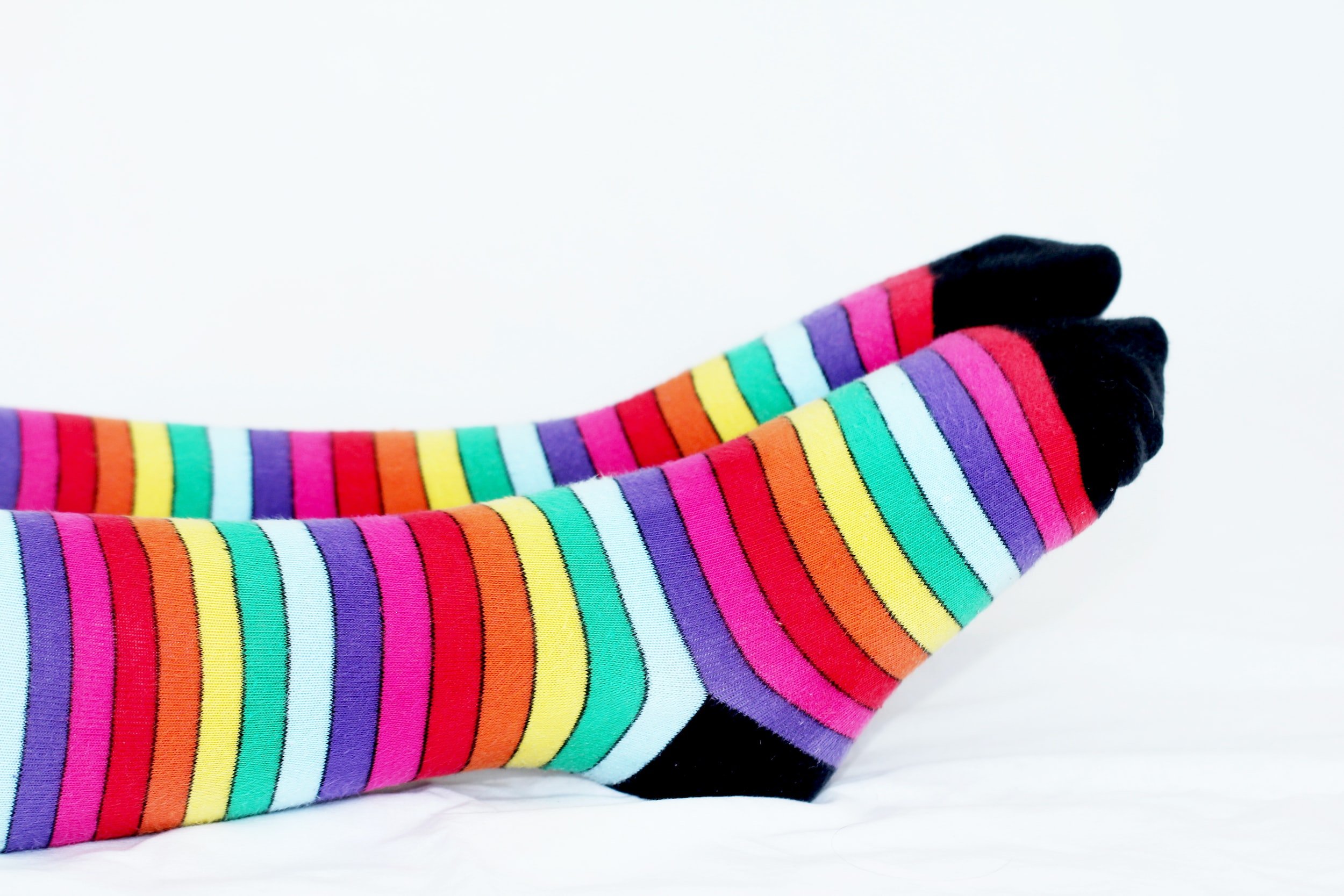
The 6 Most Common Spider Vein Myths
Spider veins are a common problem for many people. We will explore some of the most common myths about these veins and what you can do to get rid of them.

Does Crossing Your Legs Actually Cause Varicose Veins?
One of the common theories that has developed over time is the belief that crossing your legs can cause varicose veins and other vein health problems. Is this really true?
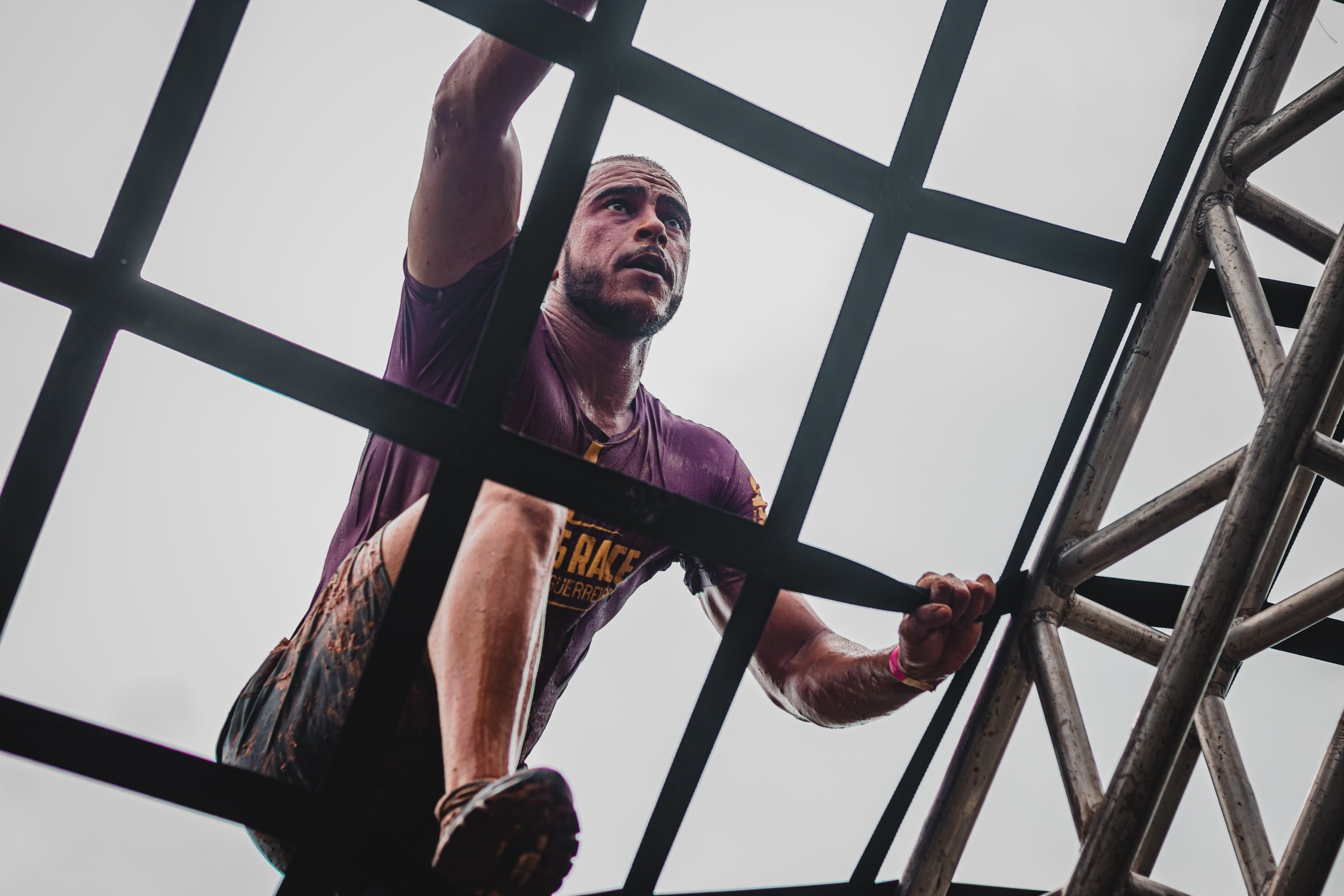
Athletes and Blood Clots
You might think because they are in peak physical condition and have incredibly active lifestyles, that athletes are immune from vein diseases such as Deep Vein Thrombosis (DVT) or Pulmonary Embolisms (PE). Unfortunately, no one is immune to vein disease of any kind including these two very severe types
